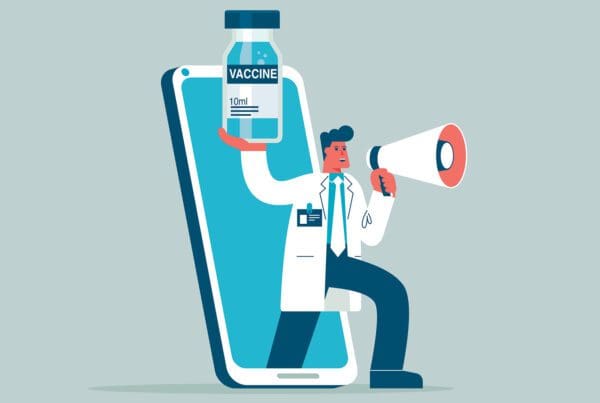 Social isolation, while necessitated by the COVID-19 pandemic, can negatively impact health and increase the risk of depression. Using technological solutions to help people stay connected could improve well-being in some people, says Eileen Crimmins, University Professor and AARP Professor of Gerontology.
Social isolation, while necessitated by the COVID-19 pandemic, can negatively impact health and increase the risk of depression. Using technological solutions to help people stay connected could improve well-being in some people, says Eileen Crimmins, University Professor and AARP Professor of Gerontology.
“In the current pandemic crisis, the internet may provide a means of maintaining social contact with family and friends that can aid in reducing depression and increase sense of well-being for older persons,” Crimmins says. “Many people have no alternative for in-person interaction, and FaceTime, email and texting may serve to maintain connections for people whose social networks are not able to function normally.”
A recent study led by Crimmins’ team compared internet use in older adults in the U.S. and in South Korea. They found using the internet was associated with lower depression for those living far from the closest child for women in the U.S., and for men in Korea, which indicates that staying connected via the internet may affect the well-being of individuals differently based on sex and on other societal factors. Another study led by USC Leonard Davis researchers found that people who had social contact both in-person and online had less loneliness than people who only had in-person meetings, but using social media alone didn’t provide much relief from loneliness in people with no in-person contact at all.





